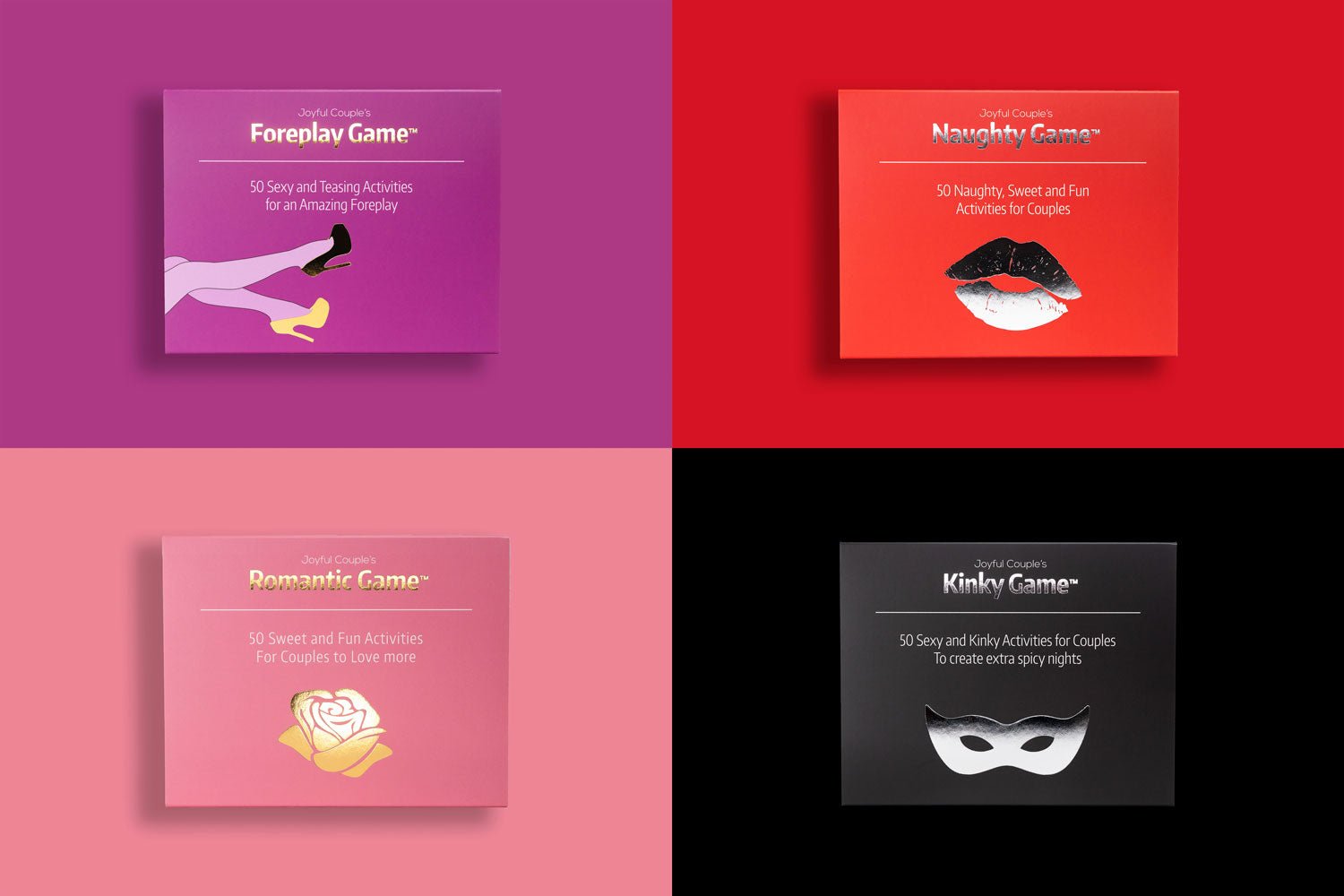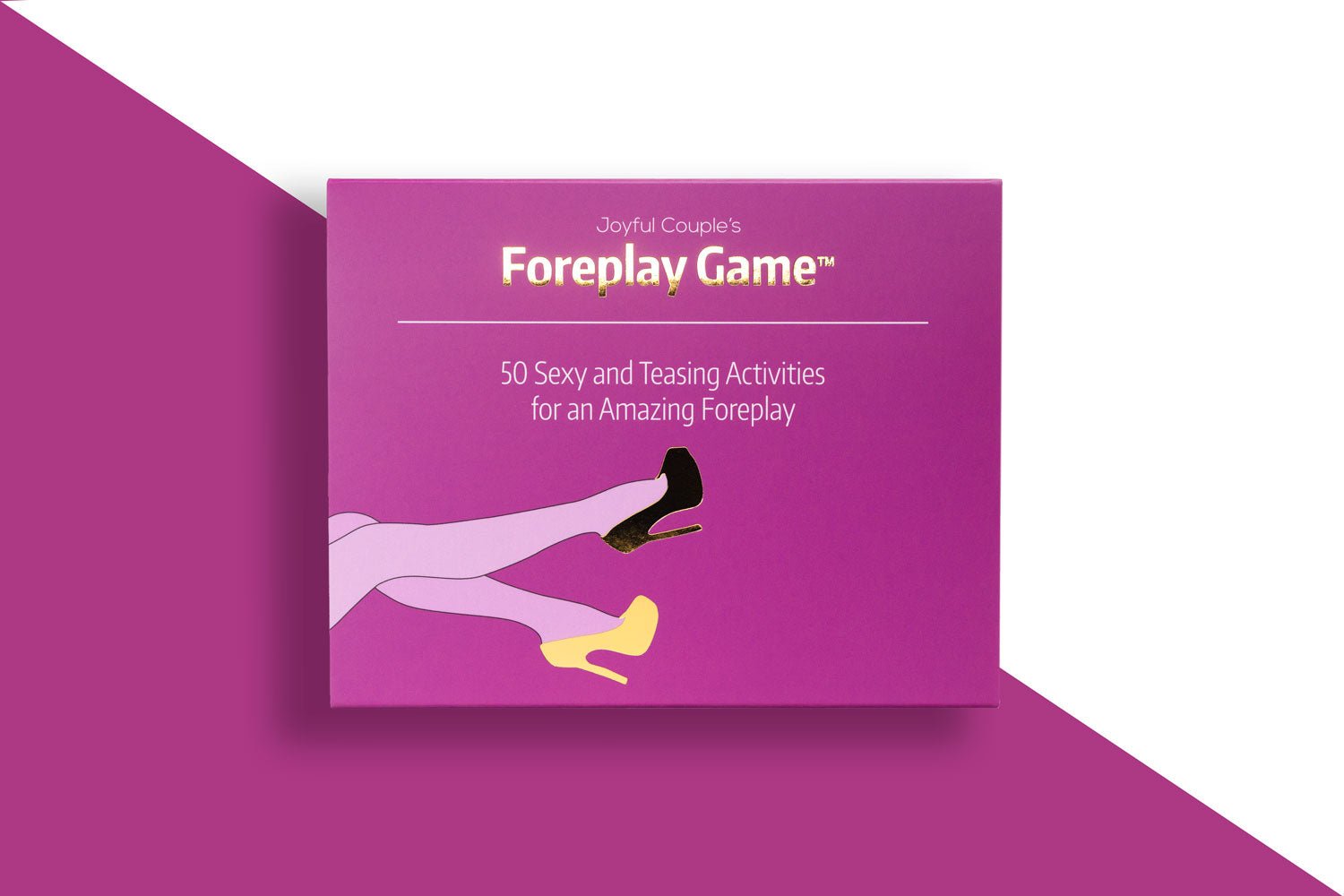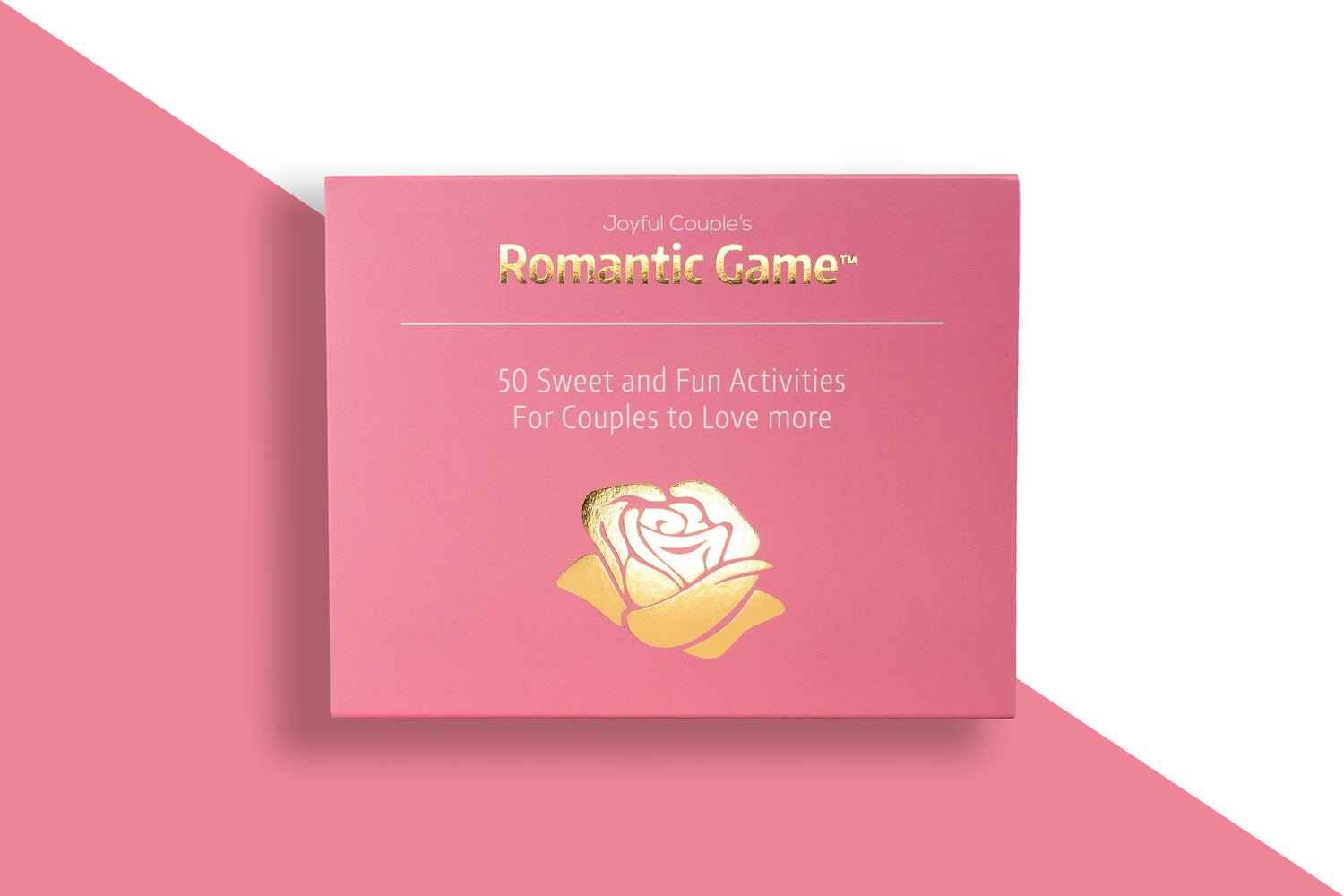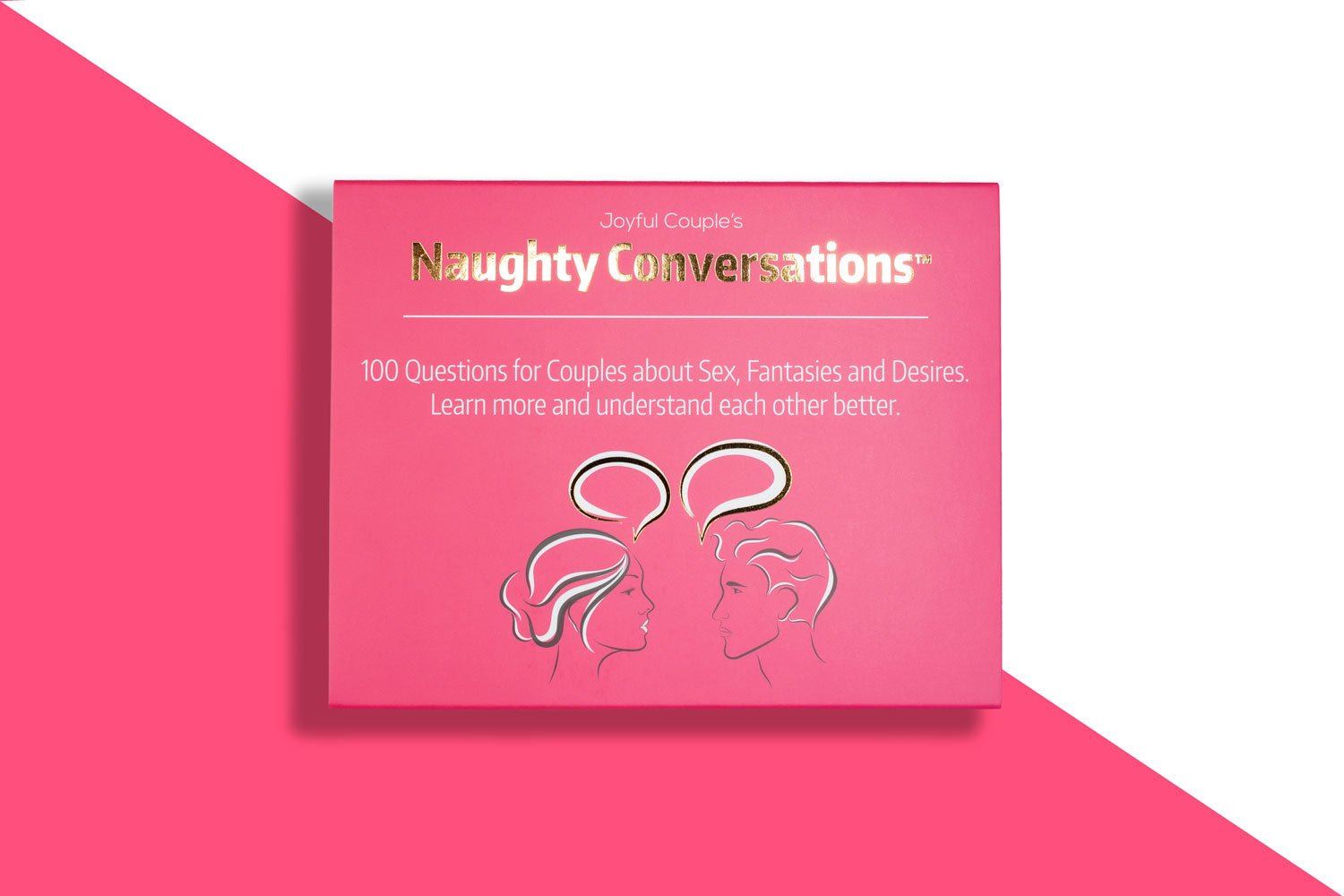First things first. Not everything should be forgiven lightly, or even forgiven at all, but the reality is that couples in even healthy, loving, and caring relationships can say words that hurt. Words that cut deep. But that does not mean the other person does not love you. Sometimes it can even be a misunderstanding.
So, in this article, we will be looking at those words—that should be forgiven, even if at first you might think you cannot.

The Power of Words in Relationships
Navigating the complexities of relationships often means confronting hurtful words and actions. This journey, filled with challenges, also offers opportunities for understanding, forgiveness, reconnecting and profound reflection.
Words, in their essence, are more than mere sounds or letters; they are carriers of emotion, intent, and energy. In the realm of relationships, they have the power to shape feelings, either fortifying trust or eroding it.
A single phrase can change perceptions, either drawing two people closer or pushing them apart. Negative words, once spoken, can leave scars that linger, casting shadows over the brightest moments.
On the other hand, positive affirmations can act as pillars, supporting and uplifting even during challenging times. The balance between the two can define the emotional landscape of a relationship, emphasizing the need for mindfulness in our verbal exchanges.
How Do I Forgive My Partner for Hurtful Words?
Words, while intangible, carry immense weight. When faced with hurtful words from a partner, it's essential first to understand the root causes behind them.
Was it a momentary lapse, stress, or deeper unresolved issues? Pain processing requires time, reflection on the context, and open communication. By seeking understanding, we pave the path towards genuine forgiveness.

Understanding the Root Cause
When hurtful words are spoken in a relationship, it's crucial to delve deeper and understand their origin. Often, these words don't reflect the relationship itself but are influenced by external factors.
Stress from work, unresolved past traumas, or simple miscommunication can lead to outbursts that one might later regret.
However, it's essential to differentiate between isolated incidents attributed to momentary lapses and behavior patterns.
While the former can be addressed and mended with communication and understanding, the latter might indicate deeper, underlying issues that require more profound introspection and possibly external intervention.
How Do You Forgive Your Partner for Mistreating You?
In the intricate dance of relationships, actions often speak louder than words. They are reflections, not just of fleeting emotions but of deeper sentiments and states of mind. When faced with the pain of being treated poorly by a partner, the journey towards understanding and forgiveness is neither straightforward nor easy.
To begin with, it's essential to discern the nature of these actions. Are they repetitive, forming a concerning pattern, or are they isolated incidents, perhaps stemming from a particularly challenging day or external stressors? Recognizing this distinction is the first step in addressing the issue.
Acknowledge And Forgive Yourself for Disrespecting Your Partner
Human nature is inherently flawed, and missteps can occur even in our most cherished relationships. Disrespecting a loved one, intentionally or inadvertently, can lead to a whirlwind of guilt and self-reproach. The journey to self-forgiveness begins with acknowledging the misdeed.
Understanding the depth of the hurt caused is crucial. By offering a heartfelt apology, you express remorse and are willing to make amends. Seeking feedback from your partner can provide insights into their feelings and help bridge the emotional gap that might have formed.
However, apology and understanding are just the starting points. True forgiveness from oneself comes from proactive change.
Committing to personal growth, whether it's through self-reflection, counseling, or open communication, ensures that such lapses don't become habitual. By actively working to prevent future instances of disrespect, you demonstrate a deep commitment to the health and longevity of the relationship, fostering trust and understanding anew.
What is Unforgivable in a Relationship?
Every relationship has its boundaries. While forgiveness is a powerful tool, there are deal-breakers that individuals define based on their values, experiences, and beliefs.
Whether it's chronic infidelity, abuse, or deep-seated deceit, it's essential to recognize when a line has been crossed. In such cases, seeking external help or reevaluating the relationship's future might be necessary.

The Role of Empathy in Understanding and Forgiveness
Empathy, often described as the ability to feel with another, is a cornerstone of deep, meaningful relationships. It's more than just understanding another's emotions; it's about immersing oneself in them, seeing the world through their eyes, and feeling their joys and pains as if they were yours.
Empathy is the bridge that spans the chasm of misunderstanding when conflicts arise. By genuinely stepping into your partner's shoes, you gain insights into their feelings and the underlying reasons for their actions or words.
This perspective shift can be transformative. Instead of viewing situations through the lens of blame or hurt, you begin to see the broader picture, encompassing both sides of the story.

Effective Communication
At the heart of every thriving relationship lies meaningful communication. It's more than just an exchange of words; it's a dance of emotions, intentions, and desires. Every conversation, every shared silence, and every unspoken word contributes to the tapestry of the relationship.
Addressing issues, especially those that sting, requires a delicate touch. It's not merely about voicing grievances but with love, respect, and a genuine desire for understanding.
When hurtful words or actions cloud the relationship, initiating a conversation becomes paramount. However, the approach matters. Beginning with an open heart, free from blame, and willing to listen can pave the way for healing.
For those seeking a structured approach to open communication, we offer a tool - "Life Conversations." This game is designed to facilitate deeper dialogues, helping partners navigate complex emotions and topics, ensuring that every conversation becomes a step towards a stronger bond.
Seeking External Support
There's no shame in seeking help. With their intricate dynamics, relationships sometimes require a neutral third party's perspective. Couples therapy or counseling can offer tools, strategies, and insights to navigate challenges and strengthen the bond.

Conclusion
Relationships, like life, have their ups and downs. It's how we handle these moments that truly counts. By listening, trying to understand, and talking things out, we can get through the tough times and become more assertive on the other side.
It's all about sticking together, learning from each other, and remembering why we chose to be with our partner in the first place. At the end of the day, it's the genuine connection and shared experiences that make it all worthwhile.
FAQ: Understanding Forgiveness and Boundaries in Relationships
1. How do I forgive my partner for hurtful words?
Start by understanding the intent behind the words. Were they spoken in frustration, stress, or misunderstanding? Open communication and addressing the root cause can help pave the way for forgiveness and healing.
2. How do I move forward after being mistreated by my partner?
Recognize if the behavior was an isolated incident or part of a pattern. Address it openly, set clear boundaries, and determine if the relationship is built on mutual respect. If mistreatment continues, seeking external support may be necessary.
3. How can I forgive myself for hurting my partner?
Acknowledge your mistake, express genuine remorse, and actively work to change. True self-forgiveness comes from taking responsibility and committing to better communication and understanding.
4. What actions are unforgivable in a relationship?
Deal-breakers vary, but chronic infidelity, abuse, and deep deception often cross boundaries that make forgiveness impossible. Knowing when to walk away is just as important as knowing when to forgive.
5. How does empathy help in resolving conflicts?
Empathy allows you to see the situation from your partner’s perspective, reducing blame and fostering understanding. By prioritizing open and respectful communication, couples can rebuild trust and strengthen their connection








